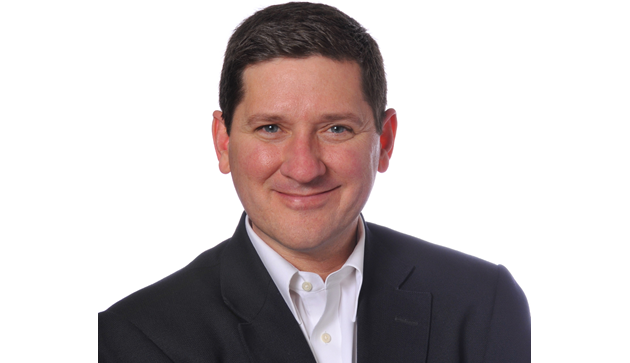A recent article in The Atlantic posited this very question and mostly points out the ills of this arrangement. The article points to data from the American Hospital Association showing that the number of physicians employed by hospitals grew by 34% between 2000 and 2010.
The article points out financial reasons that hospitals want to employ doctors. To avoid any illegality, or just the plain ‘ol effort, of persuading doctors to send patients back to their facilities to garner market share, but also to capture the higher facility fees that go along with visits and procedures done on campus, hospitals have been revisiting the trend from the early 90’s managed care era and snatching up practices. Additionally, capturing this market share gives hospitals greater leverage when negotiating with payers.
But does this apply to hospitalists? For sure the purchasing trend mirrors that of other types of doctors. Our own data from our annual SHM/MGMA survey shows a similar trend with 40% of practices being owned by hospitals or health systems in 2007 and most recently in 2011 that had risen to 51%. But why are they buying practices? And does it matter?
It still is mostly about control and that is often not a good thing for the party being controlled. Having the finances and operations run out of the hospital ensures that the hospital can keep a handle on the budget, especially hospitals that don’t buy-in to the modern value equation that sees hospitalists as change and quality agents bringing large amounts of indirect and non-billable dollars to the table. Hospitals that treat hospitalists solely as worker bees to cover the unassigned or as a concierge service to protect revenue-generating specialists inevitably end up seeing the expected revenue gap on the balance sheet and are motivated to close that gap, usually through higher productivity expectations, at the expense of doctors morale and patients. Additionally, I see hospitals who have had successful partnerships with turnkey hospitalist companies deciding they can run things by themselves and flipping the program to a self-run system. Then I’ve seen these moves fail and the hospital retreat back, asking a new company to come in, only to turn around and kick that company out a few years later.
All that being said, it’s not like it is impossible for a hospitalist program to be integrated into a hospital or health system and have it be successful. In fact it is very possible. It mostly has to do with good leadership by both the hospital and the hospitalist program each understanding that patients are at the heart of decisions and the hospital and the HMG both need each other to be successful to serve their patients AND to be financially viable.
The key is partnership, whether it be a contractual relationship, or an employed model. I look at SHM’s recent publication of the “The Key Principles and Characteristics of an Effective Hospital Medicine Group: An Assessment Guide for Hospitals and Hospitalists” for guidance. This document is a guidebook for hospitals and hospital medicine groups alike to show how both should be contributing to each other and the patients
So back to the question: Should doctors work for hospitals? Kind of irrelevant… They already do and the trend will likely continue. They should also work for themselves, or in a private group, or in a large hospitalist company. The model isn’t nearly as critical as whether the leadership of the organization, be it hospital, health system, hospitalist company, or private group, understands and fulfills the aspects of support, professionalism, engagement, resource deployment, professional development, and RESPECT outlined in the Key Characteristics.
If an organization, any type of organization, can’t meet their end of the bargain, then don’t work for them.
Oh yeah, and when you are writing that “No Thank You” letter, send them a copy of the Key Characteristics.



Leave A Comment